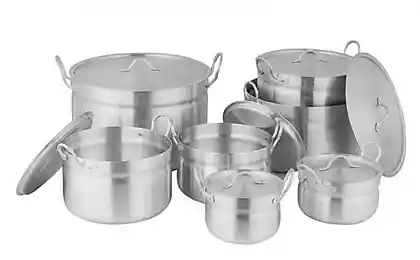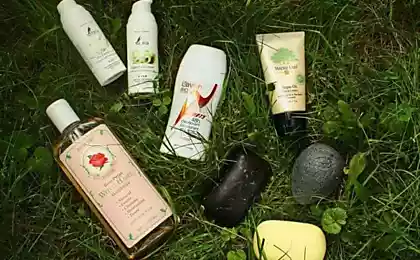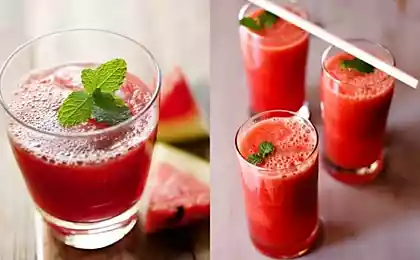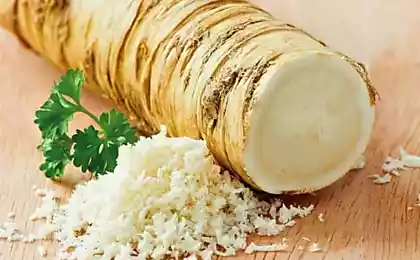526
Environmentally friendly anti-corrosion agent
Aluminium oxidize several times faster than steel – but, unlike the latter, its surface forms a thin film of aluminum oxide that prevents further destruction. However, it can be destroyed under the influence of the salts contained in sea water, as well as when flying at high speeds or at high temperatures. As a result, any aluminum item is at risk of thinning and breakage.
The good news reported by the Turkish scientists: they claim that the fruit extract is widely known for date palm (Phoenix dactylifera L.) may become a new environmentally friendly anti-corrosion treatment. This composition is not only environmentally friendly and inexpensive, but also demonstrates greater efficiency than all existing tools.
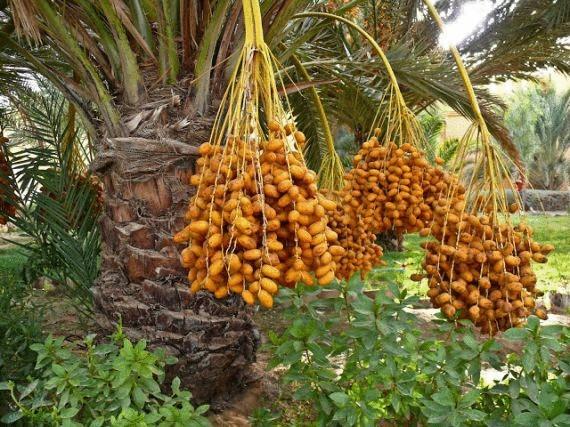
In the experiment, the results of which are described in the journal "Industrial & Engineering Chemistry Research", the researchers used the juice of the various parts of the palm – leaf extract first, and then fresh fruit. The composition was applied to a sample of aluminum alloy АА7075, which is used mainly in the aerospace industry — and then the item was immersed in a bath of saline. Corrosion of the experimental sample proceeded more slowly in comparison with the control sample, which was to be proved. At the same time, the fruit of dates showed more scientific "zeal".
The author of the discovery of Husnu of Herangi (Husnu Gerengi) considers that this effect is due to the presence in the fruits of palm trees of 60-65% complex sugars (this is one of the highest among all fruits). They react with aluminum and form a strong enough anti-corrosion film on the metal surface. Therefore, the southern States remained only to solve the problem of raw materials, and we, apparently, have to find a solution among the local flora – you never know, maybe some turnip one day will save the world?
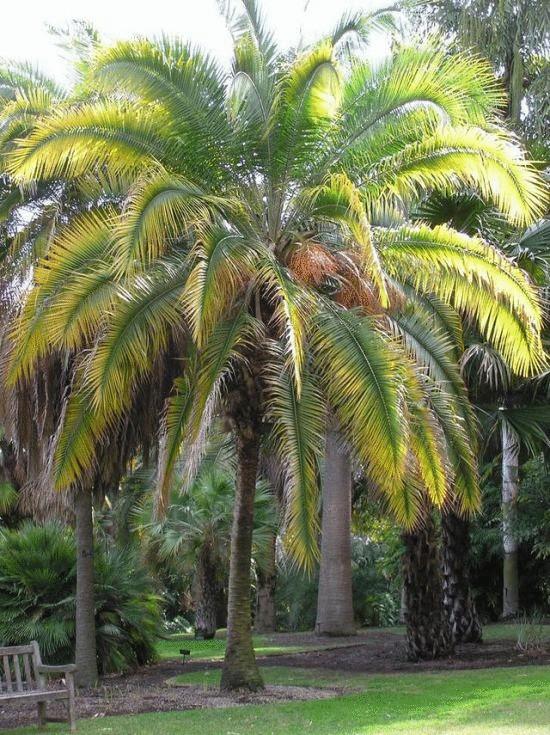
As for the date palms, then scientists ought to pay special attention to it – but the plant until it is not, itself drew attention to themselves. So, in Israel, local biologists have been able to grow "bread of the desert" out of the stone age more than two thousand years! To be more precise, tenacious bone was discovered during excavations of Masada in the South of the Judean desert in 1961. Today, this date-palm has already been two years, and, judging by DNA, it is the closest relative of modern date palms growing in Northern Africa and the middle East — from Morocco to Iraq.
In addition, the date palm is able to be reborn again from the dying trunk (in contrast, for example, banana) – perhaps because she was named by the date, or Phoenix (the genus name is Latin. Phoenix).
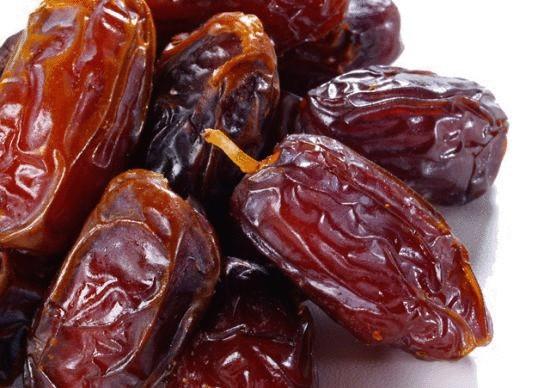
"Back to life" might be the one who will taste fresh or dried fruit of the tree: they charge the body with glucose, fructose and sucrose. The dates are as much as 23 amino acids that are rarely found together in other foods. A significant amount of protein (which, as a rule, does not happen in the fruit) helps in brain function, strengthens the immunity, accelerates the processes of cell renewal and helps to restore water balance in the body. Magnesium, copper, zinc, iron, cadmium, selenium, fluoride and a whole bunch of vitamins – all this makes dates a welcome guest at every table, especially during the cold season when you need to stay warm and not get sick!
Source: /users/104
The good news reported by the Turkish scientists: they claim that the fruit extract is widely known for date palm (Phoenix dactylifera L.) may become a new environmentally friendly anti-corrosion treatment. This composition is not only environmentally friendly and inexpensive, but also demonstrates greater efficiency than all existing tools.

In the experiment, the results of which are described in the journal "Industrial & Engineering Chemistry Research", the researchers used the juice of the various parts of the palm – leaf extract first, and then fresh fruit. The composition was applied to a sample of aluminum alloy АА7075, which is used mainly in the aerospace industry — and then the item was immersed in a bath of saline. Corrosion of the experimental sample proceeded more slowly in comparison with the control sample, which was to be proved. At the same time, the fruit of dates showed more scientific "zeal".
The author of the discovery of Husnu of Herangi (Husnu Gerengi) considers that this effect is due to the presence in the fruits of palm trees of 60-65% complex sugars (this is one of the highest among all fruits). They react with aluminum and form a strong enough anti-corrosion film on the metal surface. Therefore, the southern States remained only to solve the problem of raw materials, and we, apparently, have to find a solution among the local flora – you never know, maybe some turnip one day will save the world?

As for the date palms, then scientists ought to pay special attention to it – but the plant until it is not, itself drew attention to themselves. So, in Israel, local biologists have been able to grow "bread of the desert" out of the stone age more than two thousand years! To be more precise, tenacious bone was discovered during excavations of Masada in the South of the Judean desert in 1961. Today, this date-palm has already been two years, and, judging by DNA, it is the closest relative of modern date palms growing in Northern Africa and the middle East — from Morocco to Iraq.
In addition, the date palm is able to be reborn again from the dying trunk (in contrast, for example, banana) – perhaps because she was named by the date, or Phoenix (the genus name is Latin. Phoenix).

"Back to life" might be the one who will taste fresh or dried fruit of the tree: they charge the body with glucose, fructose and sucrose. The dates are as much as 23 amino acids that are rarely found together in other foods. A significant amount of protein (which, as a rule, does not happen in the fruit) helps in brain function, strengthens the immunity, accelerates the processes of cell renewal and helps to restore water balance in the body. Magnesium, copper, zinc, iron, cadmium, selenium, fluoride and a whole bunch of vitamins – all this makes dates a welcome guest at every table, especially during the cold season when you need to stay warm and not get sick!
Source: /users/104
